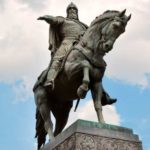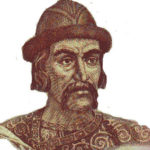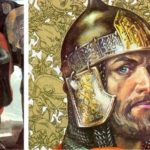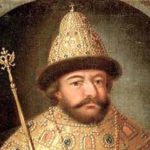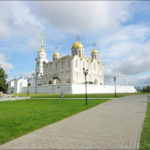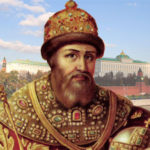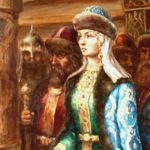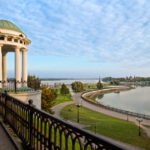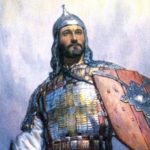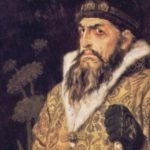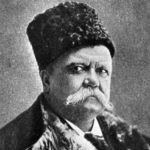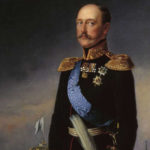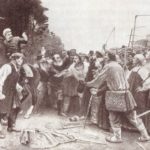Facts from the life of Vladimir Monomakh
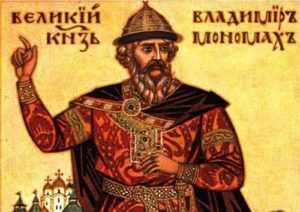 Russian prince Vladimir Monomakh, undoubtedly, is one of the most famous rulers of bygone days. He pursued a policy of strengthening princely power, achieving significant results and creating important prerequisites for the future unification of the cities of Kievan Rus. His contribution to the formation of Russia as a state cannot be overestimated. That is why the personality of the prince forever entered the history books.
Russian prince Vladimir Monomakh, undoubtedly, is one of the most famous rulers of bygone days. He pursued a policy of strengthening princely power, achieving significant results and creating important prerequisites for the future unification of the cities of Kievan Rus. His contribution to the formation of Russia as a state cannot be overestimated. That is why the personality of the prince forever entered the history books.
During his life he managed to be the prince of five cities – Smolensk, Chernigov, Pereyaslavl, Rostov and Kiev.
In Orthodox baptism, Vladimir Monomakh took the name of Vasily.
After the uprising caused by the peasants’ discontent against the usurers, the prince amended the laws prohibiting the sale of debtors into slavery.
The prince considered spirituality to be the factor that could unite Russia. He detailed his ideas in the famous “Instructions.”
One of the favorite activities of Monomakh was hunting, according to the chronicles that have come down to our times.
In his youth, the prince studied in England, at the University of Oxford, which even then, nine centuries ago, was a very respected educational institution.
Monomakh was married twice. His first wife was a European princess, and the second – the daughter of the Khan Pechenegs.
One of Monomakh’s grandchildren, Waldemar, became king of Denmark.
The name of the mother of Vladimir Monomakh is still not reliably known. But the chronicles claim that his grandfather was the famous Yaroslav the Wise.
For the first time, the future prince took part in a military campaign when he was only twelve years old.
United by Vladimir Monomakh and his son Mstislav, Russia broke up into separate principalities soon after the death of the latter.
The famous Monomakh’s hat, which is kept in the museum, is several centuries younger than Monomakh himself. Most historians agree that it was donated by the Mongol Khan to Prince Ivan Kalita.
Vladimir Monomakh was so called because he was the grandson of the Byzantine emperor Konstantin Monomakh.
The average life expectancy in those distant times was much less than now, but Prince Monomakh lived for 72 years.
